2023FY Climate and Sustainability Action Plan (CSAP3.0) Annual Report
Progress on Penn's Climate and Sustainability Action Plan strategies during FY2023.
For a high resolution PDF suitable for printing, download the 30MB file from Box.
Green Labs Guide
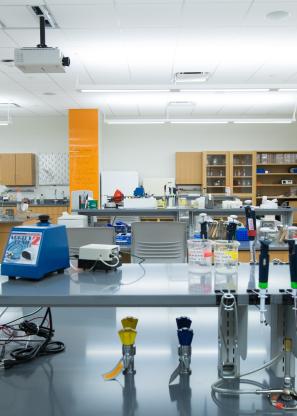
Lab staff can use this resource to reduce the environmental impact of lab spaces.
This document provides a checklist, posters, and signs to serve as prompts to improve lab performance.
Water Bottle Filler Standards Guide
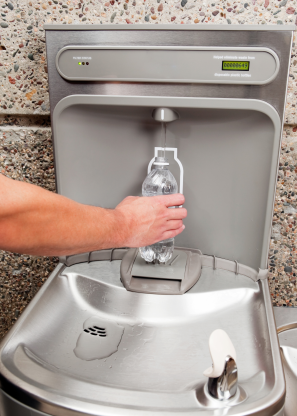
Determine which water bottle filler best suits you and your space's needs.
2019-24 Climate and Sustainability Action Plan 3.0 (CSAP 3.0)
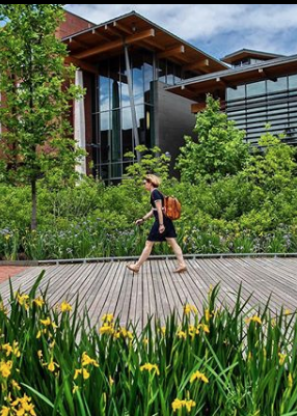
Penn's Climate and Sustainability Action Plan with information on actions to acheive the University's goals for 2019 to 2024.
Sustainability Coordinators
The Sustainability Coordinators are departmental roles that support the University's Climate and Sustainability Action Plan.
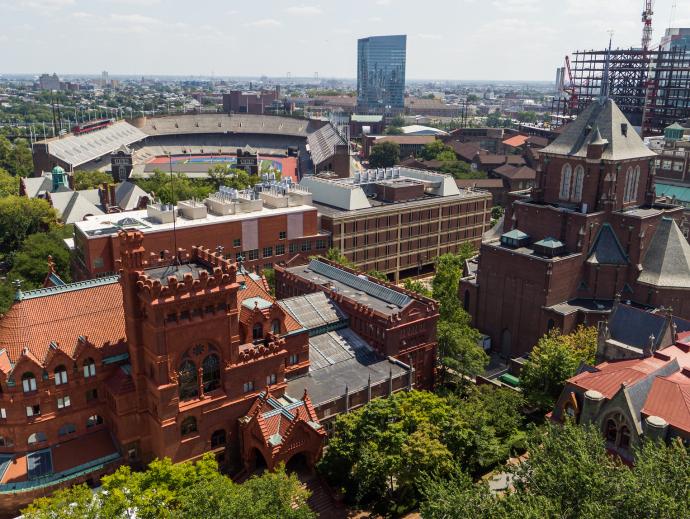
The Sustainability Coordinators are a collaborative group of campus leaders representing Penn’s Schools and Centers that strive to implement significant operational and behavior changes to support the University’s Climate and Sustainability Action Plan 4.0 and drive a shift to carbon neutrality.
The Sustainability Coordinators act as a bridge to Penn’s senior leadership through the use of interdisciplinary, data-driven best practices and communicating accomplishments within their respective areas of campus.
Sustainability Coordinators attend monthly group meetings, lead their School’s participation in seasonal awareness campaigns, recruit members to the Penn Employee Alliance for Climate & the Environment (PEACE), and help to identify offices to participate in the Green Office program and labs to participate in the Green Labs program.
Water Bottle Refill Stations Map
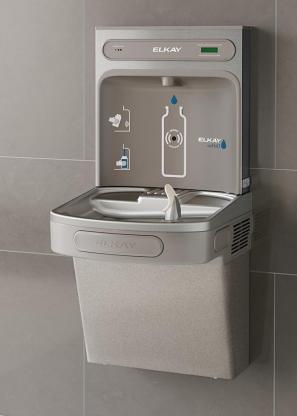
Penn is committed to reducing single-use plastic waste and promoting healthier hydration habits among students, staff, faculty, and visitors. This map can help you find a free water bottle refilling station anywhere on campus.
Water bottle refill stations are strategically placed throughout campus to ensure convenient access for the entire university community. They can be found in high-traffic areas such as academic buildings, residence halls, libraries, recreational facilities, and common areas. This distribution encourages individuals to refill their water bottles easily instead of purchasing single use plastic water bottles and to stay hydrated throughout the day.
Map
Pagination
- Previous page
- Page 5
- Next page